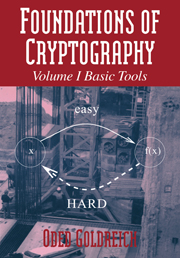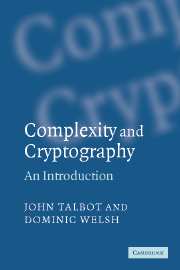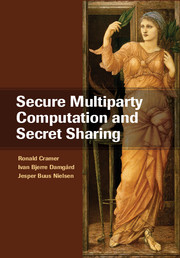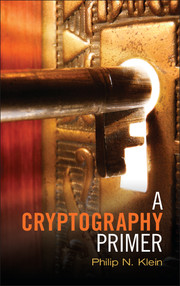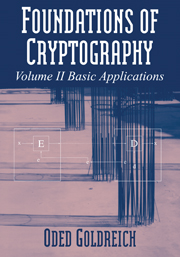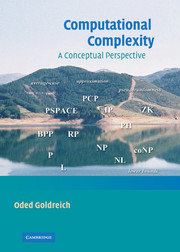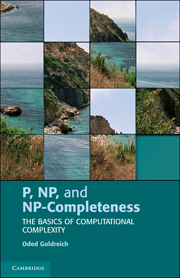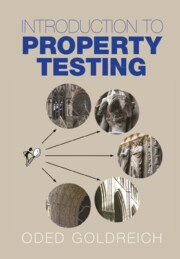Foundations of Cryptography
Cryptography is concerned with the conceptualization, definition and construction of computing systems that address security concerns. This book presents a rigorous and systematic treatment of the foundational issues: defining cryptographic tasks and solving new cryptographic problems using existing tools. It focuses on the basic mathematical tools: computational difficulty (one-way functions), pseudorandomness and zero-knowledge proofs. Rather than describing ad-hoc approaches, this book emphasizes the clarification of fundamental concepts and the demonstration of the feasibility of solving cryptographic problems. It is suitable for use in a graduate course on cryptography and as a reference book for experts.
- Systematic and rigorous approach that is focused on concepts
- Each chapter has exercises and guidelines for solution
Reviews & endorsements
"[Foundations of Cryptography: Basic Tools] presents complexity research which gives the mathematical underpinnings for cryptography; this includes one-way functions, pseudorandom generators, and zero-knowledge proofs...if a reader wants to learn about foundational work, Goldreich's books are the place to go."
Bulletin of the American Mathematical Society
"...well-written..."
Zentralblatt MATH
"Foundations of Cryptography contains what is currently the best published treatment of the formal aspects of modern cryptography and serves as "required reading" for anyone interested in the field... Throughout, definitions are complete and detailed; proofs are rigorous and given in full... Th book remains a "must-read' for all graduate students and researchers interested in this area, and is well-suited for an advanced course. Kudos to the author for publishing the first book which truly covers modern cryptography, and for doing an excellent job of it!"
Jonathan Katz, University of Maryland for SIGACT News
Product details
January 2007Paperback
9780521035361
396 pages
254 × 178 × 21 mm
0.68kg
Available
Table of Contents
- List of figures
- Preface
- 1. Introduction
- 2. Computational difficulty
- 3. Pseudorandom generators
- 4. Zero-knowledge proof systems
- Appendix A: background in computational number theory
- Appendix B: brief outline of volume 2
- Bibliography
- Index.

